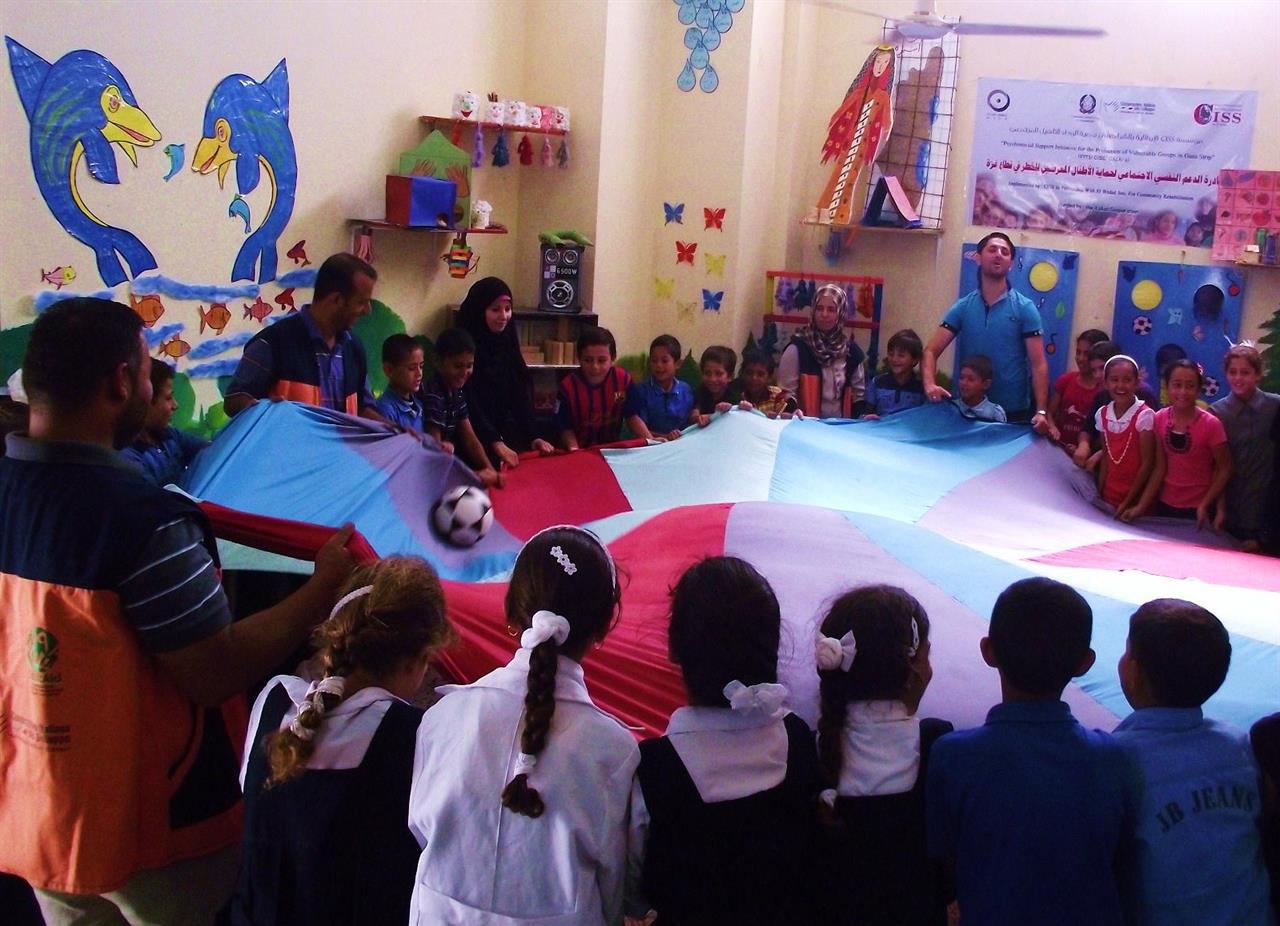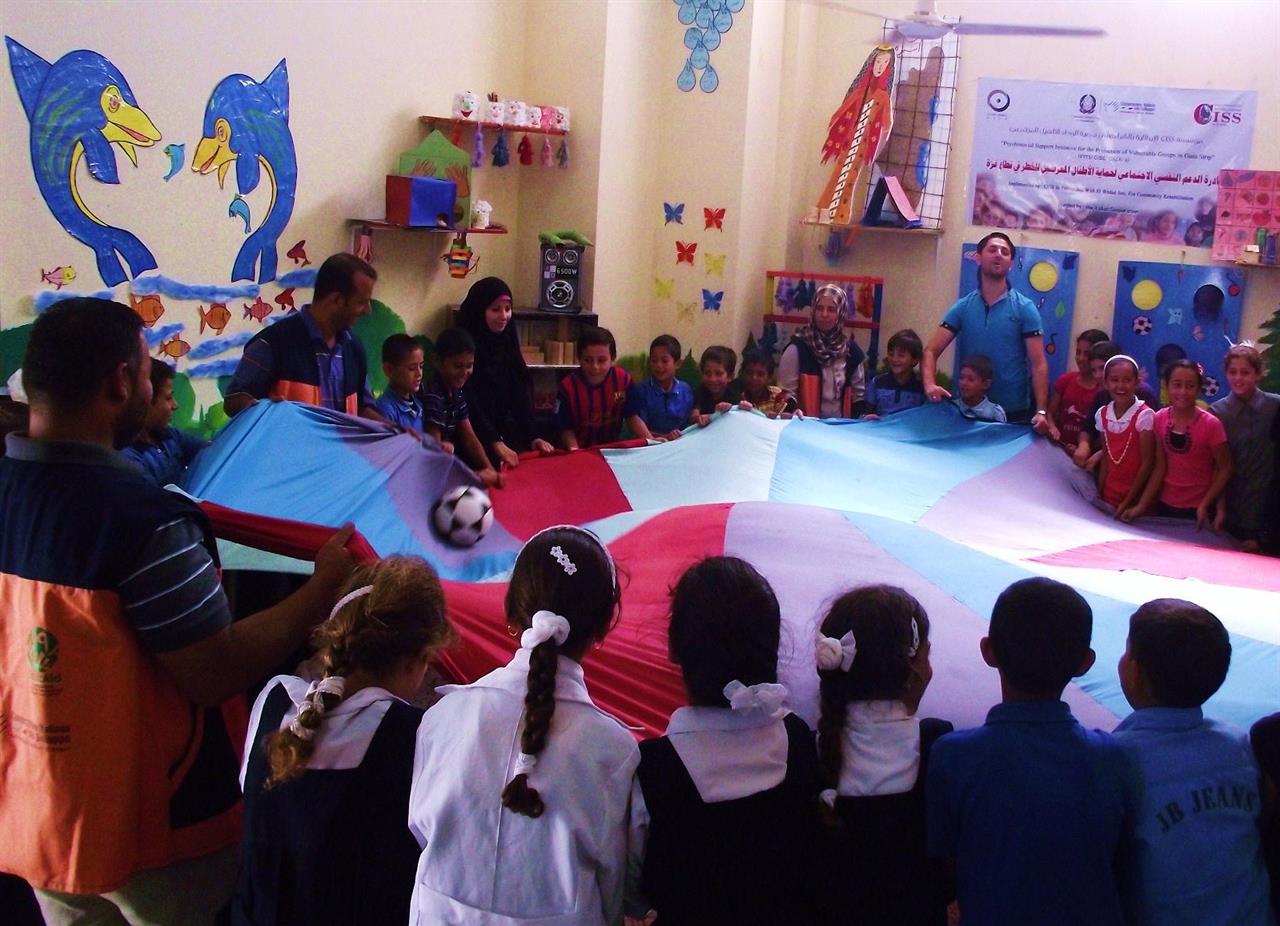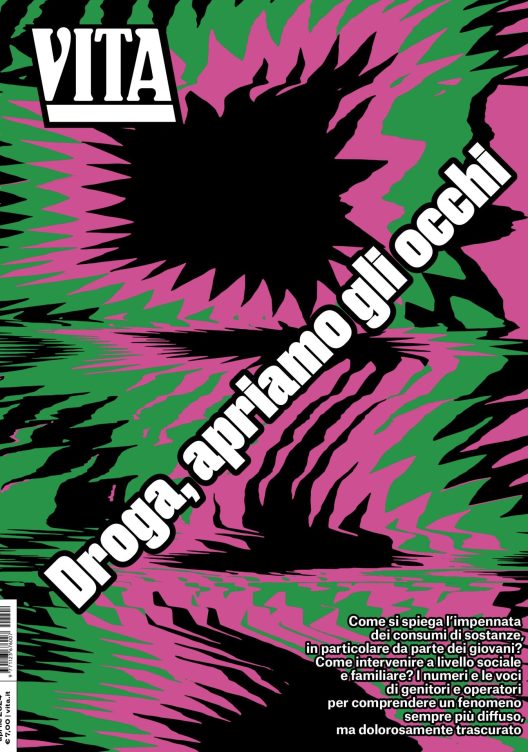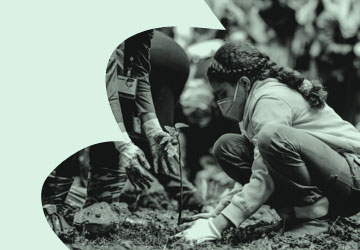Solidarietà & Volontariato
Gaza – “Restiamo qui per i bambini”, la testimonianza di Salvo (cooperante CISS)

Un boato interrompe la nostra chiacchierata. “Hai sentito?”, dice Salvo. “Si ho sentito. Tutto bene?”. “Scusami eh… dicevamo?”.
L’effetto dello scoppio di una bomba mette paura anche via Skype. Tra me e Salvo c’è uno schermo e questo suono terribile. Le casse del mio pc continuano ancora a tremare dal frastuono che ha appena invaso il suo microfono. Salvo ha 31 anni ed è un cooperante. Sono tre anni che è in Medio Oriente, tra Gerusalemme, West Bank e Gaza, per seguire i progetti del CISS (Cooperazione Internazionale Sud Sud), l’ONG palermitana presente in Palestina dal 1988 con programmi di sviluppo nel settore idrico, dei beni culturali, della capacity building e dell’educazione.
Salvo è un educatore. Proprio in questi giorni (11/13 novembre) Salvo doveva partecipare all’International Conference on Education in 21st Century presso l’Università di Gaza. In particolare Salvo, responsabile dei progetti e rappresentante CISS nei Territori Palestinesi, insieme alla project manager Valentina e una volontaria, dovevano presentare il lavoro di ricerca svolto sulle attività di sostegno ai bambini vittime di disordine da stress post traumatico derivanti dall’operazione “Piombo fuso”, nell’ambito del progetto del CISS ‘Iniziativa di sostegno psicosociale ed educativo a tutela dei gruppi vulnerabili nella Striscia di Gaza’ (la foto del progetto in fondo all’articolo). “Era prevista il giorno prima dell’inizio di questo macello”, dice Salvo.
“Purtroppo è una situazione con cui in qualche modo ci siamo abituati a convivere visto che accade quasi ogni giorno”, dice Salvo. “In questo momento, sicuramente siamo ad una situazione limite, ma la situazione quotidiana, comunque non è delle migliori. Per i bambini i traumi sono costanti. Questa è la terza notte che abbiamo passato senza dormire perché nel mezzo della notte sono iniziati i bombardamenti a tappeto, anche molto forti. Prova a immaginare come possa reagire e vivere situazioni simili un bambino. Tutta la popolazione sta vivendo nel terrore. Ti senti in gabbia e questi eventi ti fanno avvertire questa sensazione ancora più del solito. È più sicuro stare a casa, piuttosto che uscire e ormai è da un po’ che non usciamo”.
Salvo dice di trovarsi in un posto piuttosto sicuro, anche se in una città come Gaza non esiste un posto totalmente sicuro: l’energia elettrica è garantita pe rnon più di 8 ore al giorno, ed è frazionata. Mentre mi parla, il suo pc usa la corrente elettrica data dal gruppo elettrogeno che alimenta il palazzo.
Cosa stai provando in questo momento? “Rabbia per quello che succede. Più che rabbia direi dispiacere: vedere un popolo ridotto in queste condizioni è assurdo. La mia condizione è diversa, è una gabbia a termine. Basta prendere una misura di sicurezza, anche se non siamo in una situazione di sicurezza assoluta. Però penso alle persone palestinesi, agli amici e colleghi palestinesi, che vivono ai confini e immagino l’impossibilità di poter uscire. Non c’è paura, o cose del genere. Ti spiego, senti lo scoppio delle bombe e hai paura: è umano, ma non è il sentimento predominante. Da cooperante le responsabilità sono tante e anche le misure di sicurezza diventano automatiche, sai come muoverti, le procedure che devi seguire. Quello che ti rimane è dispiacere, per l’impossibilità di non poter fare nulla, in queste circostanze, se non richiamare l’attenzione di tutti e ribadire il dovere della comunità internazionale di intervenire su questa situazione che va avanti da troppo, troppo tempo”.
Cosa ti viene da dire a chi ti legge? “Non dimenticare questo posto. Non dimenticare perché queste circostanze sono frutto di un percorso che, in questo caso, non è neanche corto. Sono percorsi avviati tempo fa, poi passano per questi fulmini che sono più strazianti. Bisogna prendere in carico quello che succede nel mondo fuori dalle nostre realtà. Io sono di Palermo e un momento in cui c’è un sentimento di malessere generale ci obbliga a uscire dalle nostre realtà più prossime, senza guardare il nostro orto. Dobbiamo invece dobbiamo renderci conto che tutto è legato e connesso e non possiamo non dimenticare o guardare verso questo territorio, verso queste persone solo quando ci sono le notizie eclatanti dei bombardamenti”.
Dal Ciss dicono che non abbandoneranno la striscia di Gaza: “è il senso del nostro impegno collaborare con i civili e le organizzazioni della società civile in un opera di ricostruzione e sviluppo”, dicono, “là dove guerre e povertà fanno terra bruciata”.

“We stay for the children” says Gaza witness Salvo
We are immediately interrupted by the sound of a rocket blast. “Did you hear that?” asks Salvo. “Yes, I did. Are you okay? ” “Yes, I’m sorry. What were we talking about?”. The effect of the explosion is scary, even on Skype. There is a screen between Salvo and me and this terrible sound. My pc speakers continue to shake from the noise that has just invaded his microphone. Salvo is a 31 year old aid worker. He spent the last three years in the Middle East, including Jerusalem, West Bank and Gaza monitoring projects run by CISS (International Cooperation South South), the Palermo NGO present in Palestine since 1988. It has development programmes in the water sector, cultural heritage, capacity development and education. Salvo is a teacher. Just this week (11- 13 November) he was due to attend the International Conference on Education in the 21st Century at the University of Gaza. Specifically Salvo, project manager and CISS representative in the Palestinian territories, together with project manager and volunteer Valentina, was to present research work carried out on support activities with child victims of post-traumatic stress disorder resulting from the Israeli operation Cast Lead?” as part of the CISS ‘Initiative for psycho-social support and education for the protection of vulnerable groups in the Gaza Strip’ (see photo below). “It was scheduled the day before the start of this mess,” says Salvo. “Unfortunately it is a situation that somehow we have become accustomed to as attacks happen almost every day,” says Salvo. “Right now, we are certainly in an extreme situation, but even the everyday situation is not the best. The trauma for children is constant. This is the third night we’ve spent without sleep because the bombing began in the middle of the night. Imagine how a child reacts; try to live the situation as a child would. The entire population is living in fear. You feel trapped and these events make it worse. It’s safer to stay at home so we tend not to go out.” Salvo says he’s in a pretty safe place even if, in a city like Gaza, nowhere is completely safe. He has electricity for more than 8 hours per day with interruptions. As we speak, his PC is using power supplied by the generator that powers the building. What are you feeling right now? “Anger at the moment for what is happening. I would say more anger than sorrow: to see people reduced under these conditions is absurd. My situation is different, I’m trapped for the moment. We simply take safety measures, even though we are not in a situation of absolute security. But then I think of the Palestinian people, my friends and colleagues who live along the border and I imagine what it would be like if it were impossible to get out. There is no fear like that. You hear the bombs exploding and you are afraid. That’s human but it is not the predominant feeling. As an aid worker the responsibilities are many and security precautions become automatic, you know how to move, the procedures you need to follow. What you have left is regret for the impossibility of not being able to do anything in these circumstances, of not raising awareness and reminding the international community to address a situation that has gone on for far, far too long ” . What do you want to say to those who read this? “Don’t forget this place. Don’t forget it because the present situation is the result of a path which started long ago, so these hostilities are all the more heartbreaking. We must take charge of what happens in the world outside our own reality. I came from Palermo at a time when a feeling of general discomfort compelled us to leave our own little world. Instead, we must we must realize that everything is linked and connected, and we cannot just give this territory, these people, our attention only when we hear sensational news of bombings. ” Ciss says it will not leave the Gaza Strip: “Our commitment is to work with civilians and civil society organizations in the work of reconstruction and development where war and poverty leave the earth scorched and scarred”.

